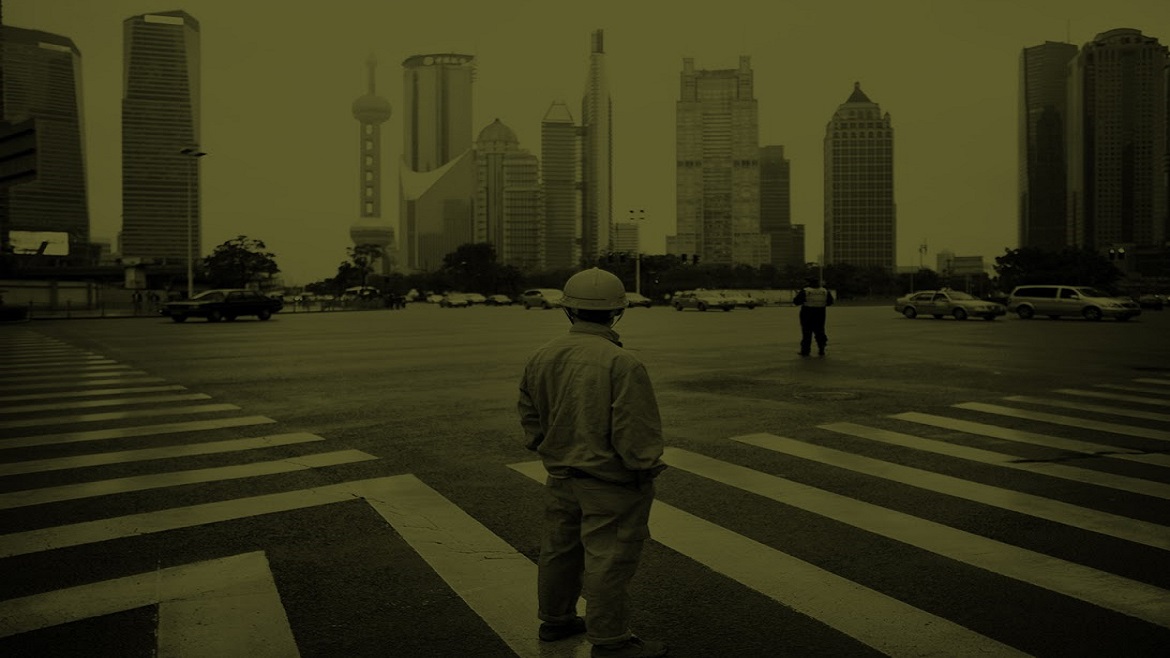There are dark shadows hovering over Turkey’s economic horizon and corruption scandals threatening to further destabilise the government. Mass anti-government protests erupted in June 2013. And a power struggle has been playing between the prime minister, Recep Tayyip Erdogan, and a former ally, Fetullah Gulen, head of a powerful religious movement, intensifying political polarisation. “It’s clear that Turkey is entering a period of political volatility and economic stagnation,” asserts Fadi Hakura, associate fellow at Chatham House, a UK think tank, and author of the report “After the Boom: Risks to the Turkish Economy”.
There has been a chilling of free expression in the country. And that was before a bafflingly inept attempt to ban Twitter, the micro-blogging service. More widely, a new internet law approved by the Turkish parliament in February gives telecoms providers the ability to block access to content deemed an infringement of privacy –critics say this paves the way for restrictions on freedom of speech.
And some have argued that one article of the new Capital Markets Act could be used as a tool with which to censor critical economic commentary. “Any economist, investment banker or financial analyst who expresses negative views on the economy can potentially be criminally charged,” says Hakura. “That has caused a stir in the financial sector.”
Suggestions that government may be prepared to censure economic dissenters emerged after the prime minister accused Muharrem Yilmaz, chairman of the influential Turkish Industry and Business Association (Tusiad), of treason following a speech he made implying that the questionable independence of Turkey’s regulatory institutions could deter foreign investment. “Other business associations say what they have to say behind closed doors,” states Kemal Kirisci, senior fellow and Turkey expert at the Brookings Institution, a US think tank, and director of the Centre on the United States and Europe’s Turkey Project.
“We’re seeing an increase in politicisation and decline in the autonomy of the market regulatory authorities, which was a significant aspect of the reform programme introduced in 2001 and 2002,” claims Mr Hakura. “The government may increasingly interfere in the economy and the legal system may not provide adequate protections.” In parallel, the judiciary has also experienced challenges to its independence.
Such developments add to the country’s political risk, which may dampen corporate. “The business world seems uncomfortable, and people talk about how, in the current circumstances, they would be reluctant to invest as the rule of law weakens in Turkey,” says Kirisci.
This plays out against the backdrop of a weakening Turkish lira. Driven by prospects of the US Federal Reserve tapering its bond-purchasing programme, Turkey was forced to raise its benchmark interest rates, more than doubling the one-week repurchase lending rate (the closest thing it has to a policy rate).
Added to this, the government has imposed limits on access to credit. Existing credit card holders can now only borrow up to the equivalent of four months’ salary while for new applicants this is limited to two months’ salary, elaborates Mr Hakura. The result is likely to be a shrinking domestic market for goods and services, he asserts. “If you look at the increases in interest rates and the curbing of access of consumer credit, the combination means that Turkish growth rates will see a sharp decline this year.”
Specifically, the EIU is forecasting real GDP growth to slow to 2% in 2014 from 2013’s nearly 4%. If investment and domestic consumption prove more constrained than anticipated following the sharp fall in the lira’s value, GDP growth could be weaker still.
While the country’s public finances are in relatively good shape, there is nervousness in financial-markets due to Turkey’s large external financing requirements. Further volatility is likely in the coming months due to Turkey’s reliance on portfolio capital inflows to fund its current account deficit given the prospect of less abundant global liquidity in the coming years.
Fortunately, some key parts of the Turkish economy remain robust. “Trade with the EU continues to grow, which is a welcome development, and trade with the Middle East hasn’t taken the dent that one would have expected given the political instability in the area,” states Mr Kirisci. However, while the country’s export volumes remain robust, the bulk of these are lower-cost, lower-margin goods. Mr Hakura, points to World Bank data showing that for the past decade Turkey’s high tech exports have consistently made up just 2% of annual manufactured exports. Worse yet, “The huge inflows of external finance entering Turkey have been flowing into non-tradable sectors [such as construction and infrastructure],” Mr Hakura highlights, “rather than into greenfield investments and the drivers of exports.”
However, the government has taken some actions to improve the business environment. It is working to make the labour market more flexible – for example, by permitting the establishment of private employment agencies to supply temporary staff – and plans to improve access to unemployment benefits. To address corporate complaints about an overly generous severance pay system that many argue distorts employer hiring and firing decisions, it also plans to establish a severance pay fund, to which employers will have to contribute. Rather than employers being responsible for individual severance pay outs, entitlements would be paid from the fund.
In sum, the prospects for Turkey look highly uncertain. Anti-government protests and the corruption-related crisis have unseated investor confidence, while structural problems present potential barriers to the country’s escaping the middle-income trap to become an advanced economy. As Kirisci puts it, at best, “it’s a very mixed picture”.
The views and opinions expressed in this article are those of the authors and do not necessarily reflect the views of The Economist Intelligence Unit Limited (EIU) or any other member of The Economist Group. The Economist Group (including the EIU) cannot accept any responsibility or liability for reliance by any person on this article or any of the information, opinions or conclusions set out in the article.




